A student panel backed by the Jatiyatabadi Chhatra Dal has alleged 11 major irregularities in the recently held Dhaka University Central Student Union (DUCSU) elections.
Among the complaints are administrative bias, lack of basic knowledge of the election code of conduct among most polling officers, distribution of pre-marked ballots favoring a specific panel, absence of serial numbers on ballots, and errors during the vote-counting process.
The allegations were presented at a press conference on Monday at Dhaka University’s Madhur Canteen by representatives of the student panel.
In the election held on September 9, the panel of Islami Chhatra Shibir, named “Oikko Biddharthi Jot,” won 23 out of 28 positions, including VP, GS, and AGS, while the Chhatra Dal-backed panel failed to secure any posts.
Sheikh Tanvir Bari Hamim, general secretary candidate of the Chhatra Dal-backed panel, said that since the July–August student protests, certain groups have attempted to portray their students negatively for political gains. After the DUCSU election schedule was announced, they observed several irregularities and formally submitted complaints to the university authorities, which, according to him, remained unresolved.
Abdul Islam Khan, vice president candidate, outlined the 11 major complaints:
Pre-marked ballots favoring a specific panel, along with fraudulent signing of attendance before voters arrived, creating inconsistencies between voter presence and votes cast.
Ballots lacked serial numbers, similar to the 2019 DUCSU and hall elections, allowing potential vote manipulation. Information on printed, distributed, used, voided, and returned ballots was not disclosed.
No official information was provided on which press printed the ballots; a large number of ballots were reportedly found unsecured at a print shop in Nilkhet.
Verification of vote-counting machines and software accuracy post-election was limited to a few teachers and technicians; voters and candidates were not informed.
Lists of polling agents for each candidate were released late, excluding several proposed agents.
Polling agents’ ID cards were not distributed on time, preventing many from participating in the process.
Although only eight voting centers were officially announced, 18 centers were set up, limiting polling agent representation.
Lack of transparency in appointing polling officers; most were unaware of the election code of conduct and provided false information to journalists.
Overzealous security personnel, including BNCC, Rover Scouts, and Girl Guides, allegedly allowed certain groups free access to campus, with some outsiders being caught and handed over to the proctor’s office.
Polling agents were effectively excluded from the counting process, and counting errors occurred. Most agents refused to sign result sheets in protest.
Use of opaque ballot boxes and shortage of marker pens after 11:30 AM led to votes being marked with ballpoint pens, causing errors in OMR reading. Temporary ink on voters’ fingers raised concerns about multiple voting.
Abdul Islam Khan emphasized that despite repeatedly notifying authorities about these irregularities and requesting corrective action, no effective steps were taken, and deliberate delays occurred. The panel warned that, if unresolved, the 2025 DUCSU and hall elections risk becoming a historically controversial and questionable election.


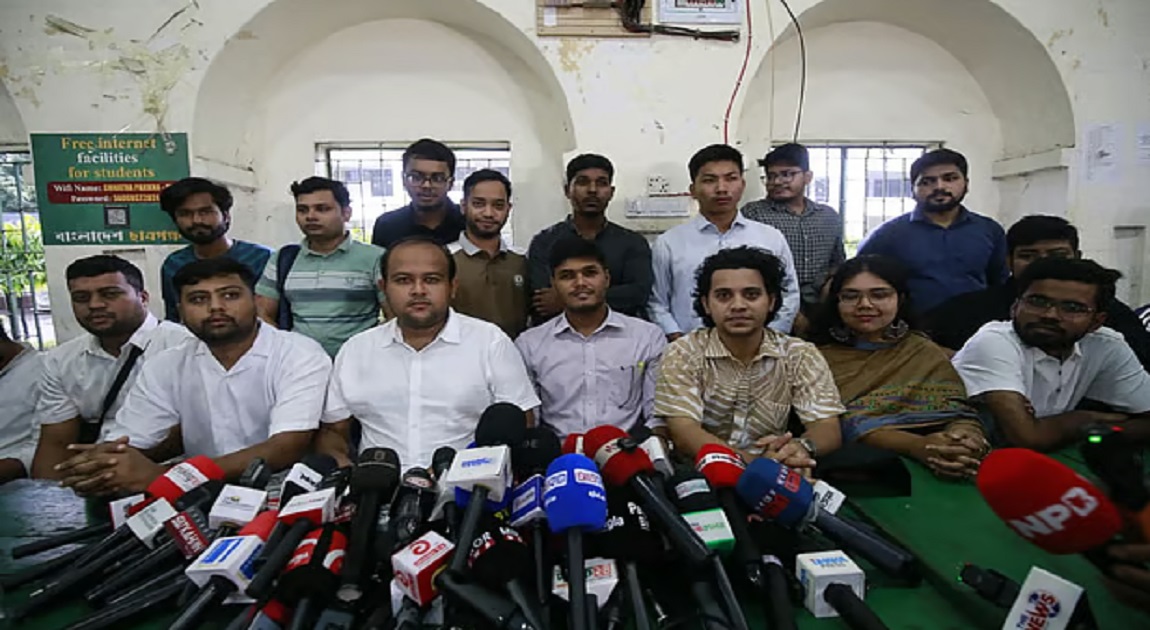







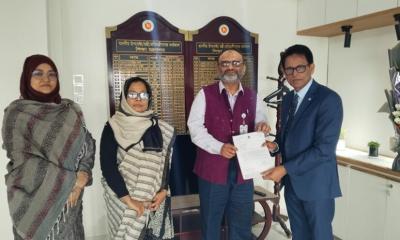
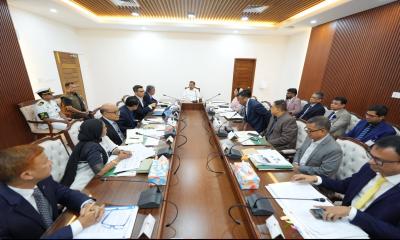

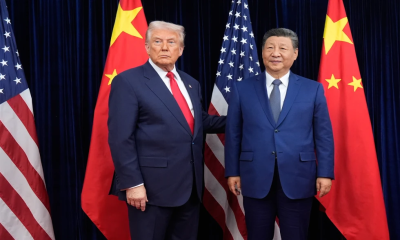
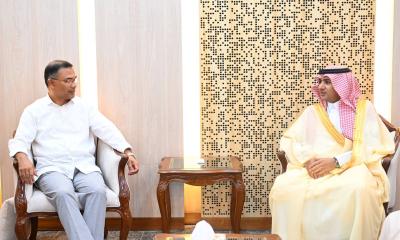
-20260222063838.webp)







-20260221022942.jpg)











